Minister: Swine flu to come in waves
Health Minister Tomica Milosavljević said that swine flu is expected to calm down gradually and then reappear in Serbia.
Sunday, 22.11.2009.
11:06

Health Minister Tomica Milosavljevic said that swine flu is expected to calm down gradually and then reappear in Serbia. Vaccinations will decrease the risk of deaths and sever cases of the flu, and will help secure the national infrastructure, Milosavljevic told weekly “Economist Magazine.” Minister: Swine flu to come in waves He said that if the vaccination against the virus in Serbia is received by one-third of the population, it could stop potentially great indirect damage to the domestic economy by the epidemic, which was earlier estimated to cost the country about USD 2bn. “We could make 55 Fiat factories in Serbia, if the workers are not healthy, there will still be no one to produce the automobiles,” Milosavljevic said. He said that Serbia registers every death related to the viral infection, regardless of the fact that the patients generally already had chronic illnesses and were seriously ill before the swine flu. Milosavljevic said that by the number of swine flue cases and deaths, Serbia is still on the level of other European countries. “Also, the realistic number of cases is tens, even hundreds of times greater than registered. If there are 300 registered cases, that means that at least 30,000 were infected,” he said. Regarding ongoing debates on whether or not to get vaccinated or buy the vaccine at all, Milosavljevic said that the decision must be made based on evidence, not on personal opinions or individual assessments. ”The risk is greater without vaccinations than with, and based on that, responsibility must be taken for decisions which affects hundreds of thousands of people,” Milosavljevic said. Tomica Milosavljevic (Tanjug archive)
Minister: Swine flu to come in waves
He said that if the vaccination against the virus in Serbia is received by one-third of the population, it could stop potentially great indirect damage to the domestic economy by the epidemic, which was earlier estimated to cost the country about USD 2bn.“We could make 55 Fiat factories in Serbia, if the workers are not healthy, there will still be no one to produce the automobiles,” Milosavljević said.
He said that Serbia registers every death related to the viral infection, regardless of the fact that the patients generally already had chronic illnesses and were seriously ill before the swine flu.
Milosavljević said that by the number of swine flue cases and deaths, Serbia is still on the level of other European countries.
“Also, the realistic number of cases is tens, even hundreds of times greater than registered. If there are 300 registered cases, that means that at least 30,000 were infected,” he said.
Regarding ongoing debates on whether or not to get vaccinated or buy the vaccine at all, Milosavljević said that the decision must be made based on evidence, not on personal opinions or individual assessments.
”The risk is greater without vaccinations than with, and based on that, responsibility must be taken for decisions which affects hundreds of thousands of people,” Milosavljević said.











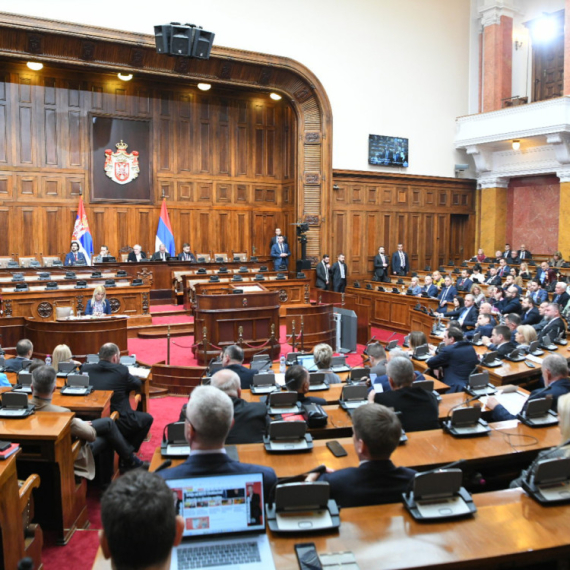
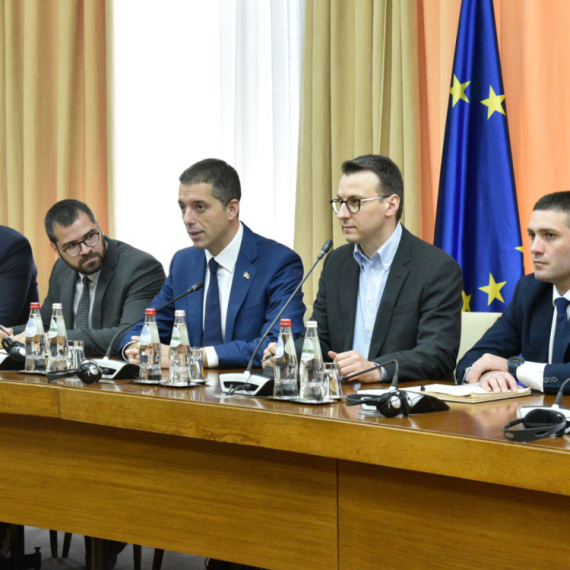



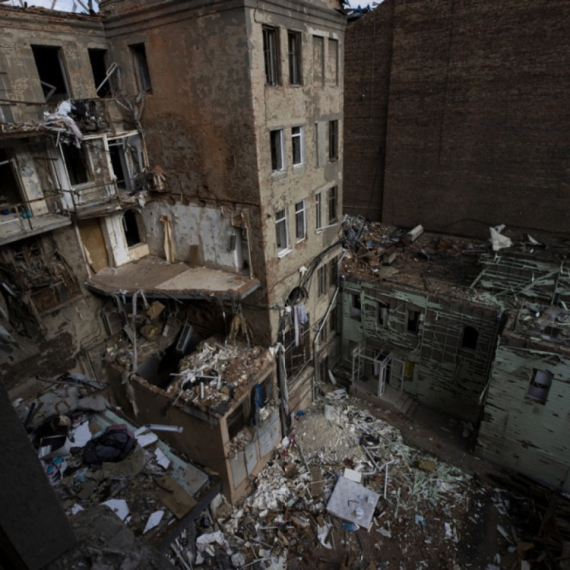
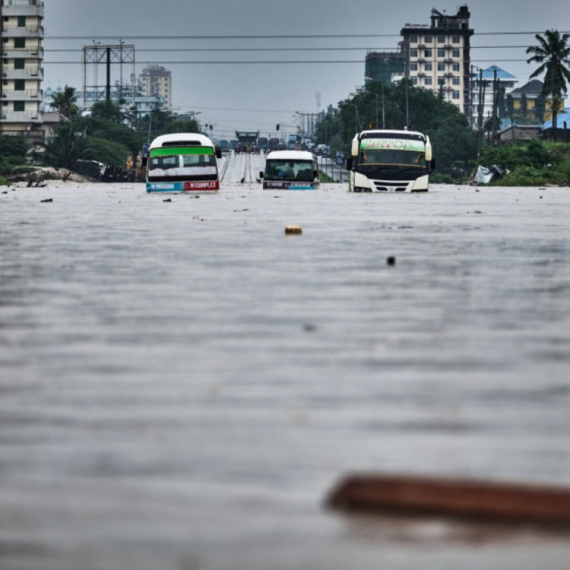
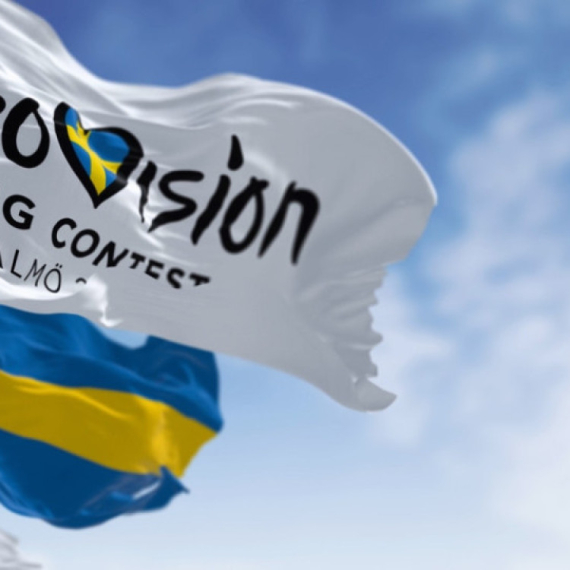








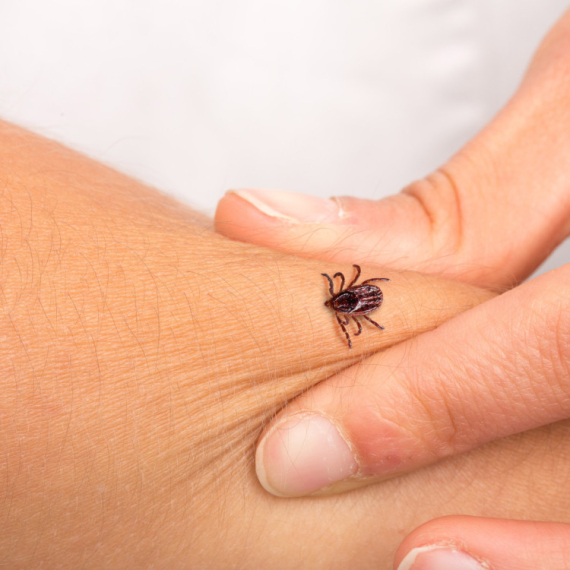




















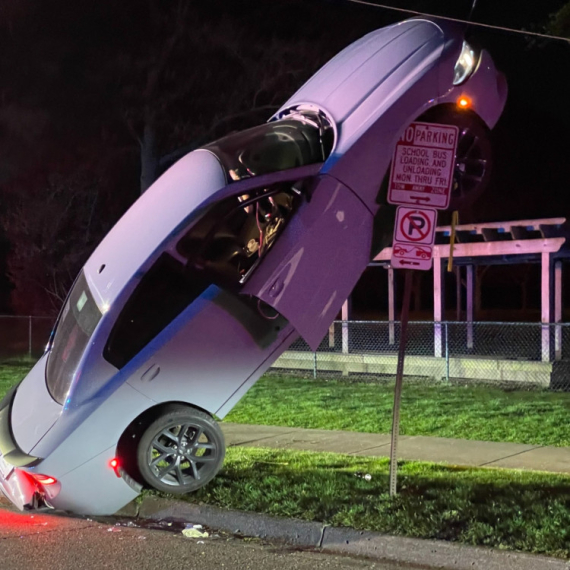

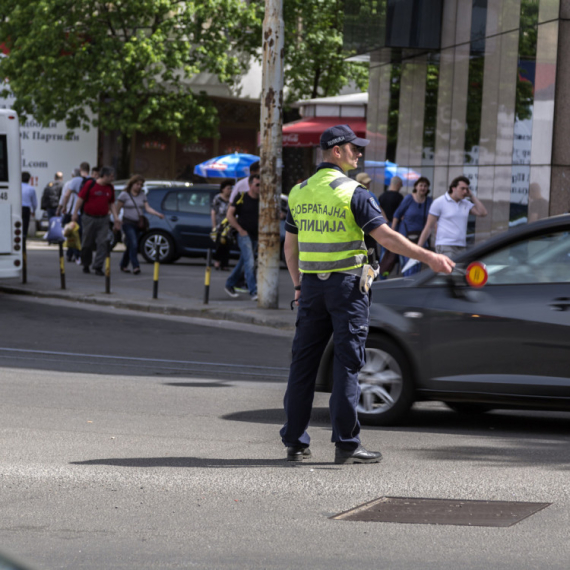








Komentari 1
Pogledaj komentare